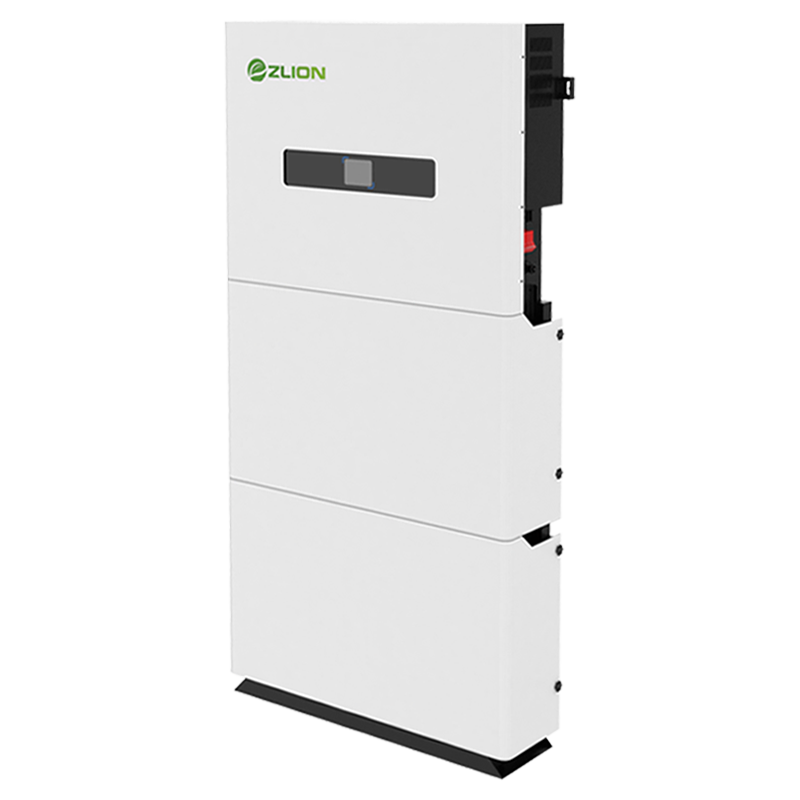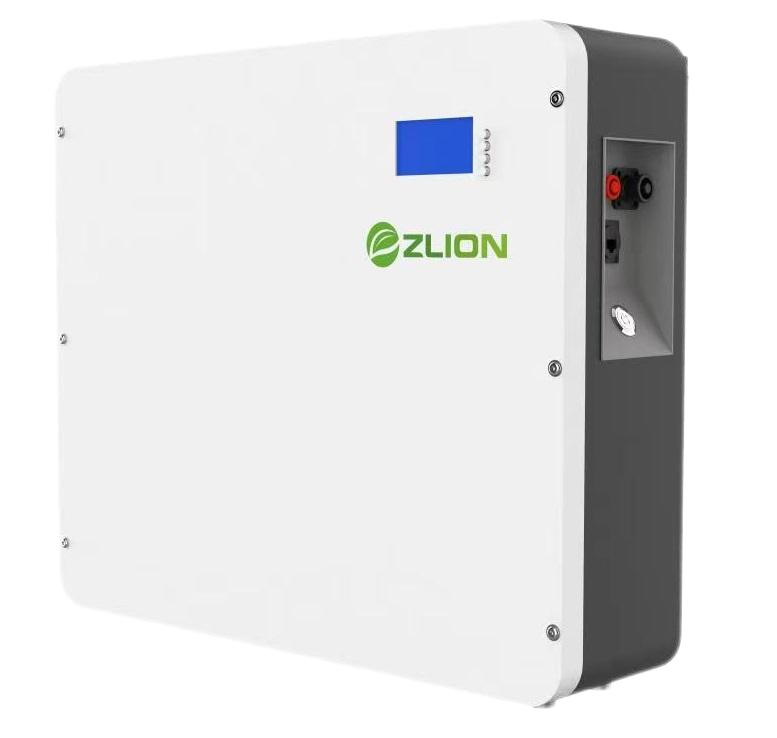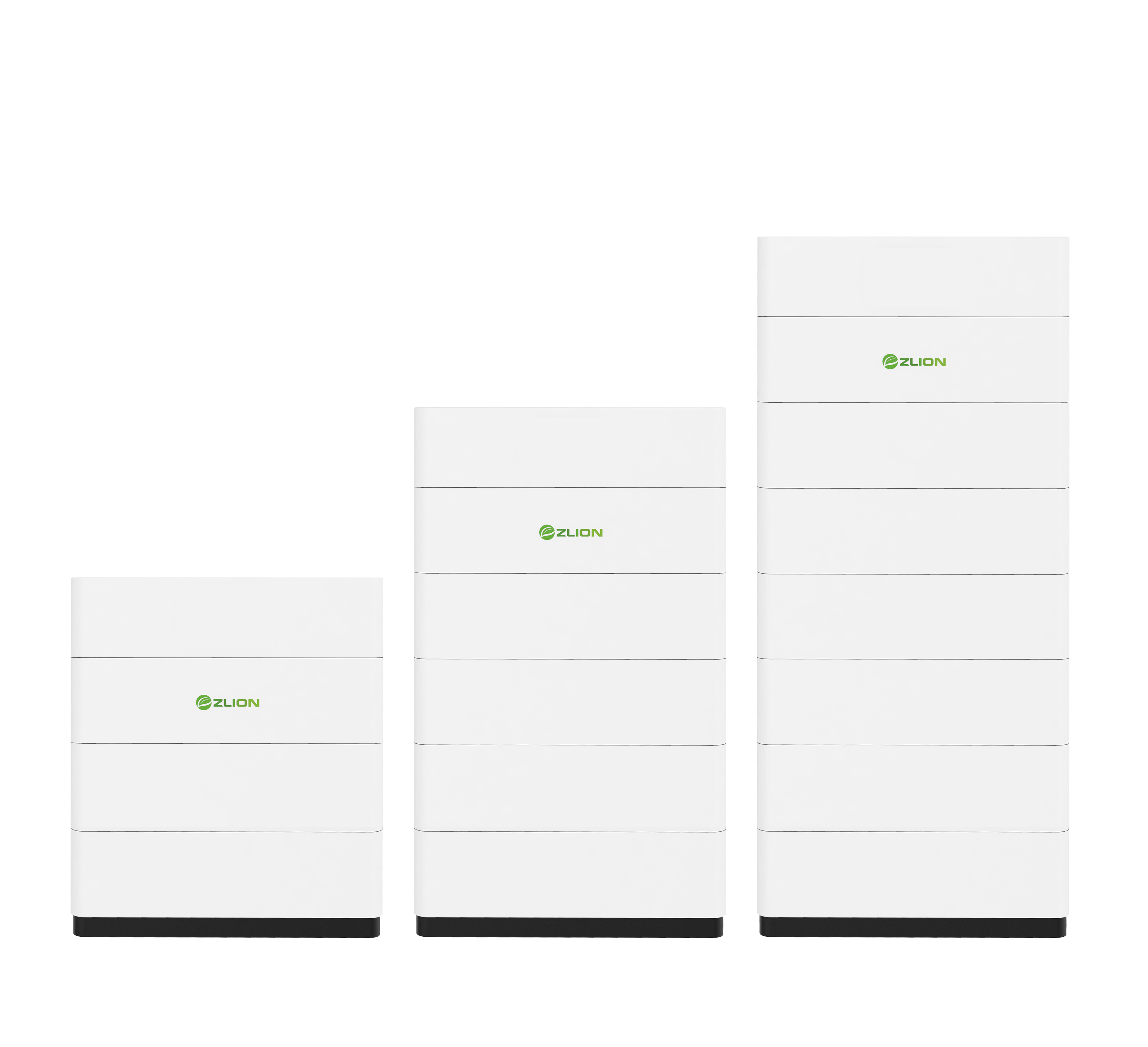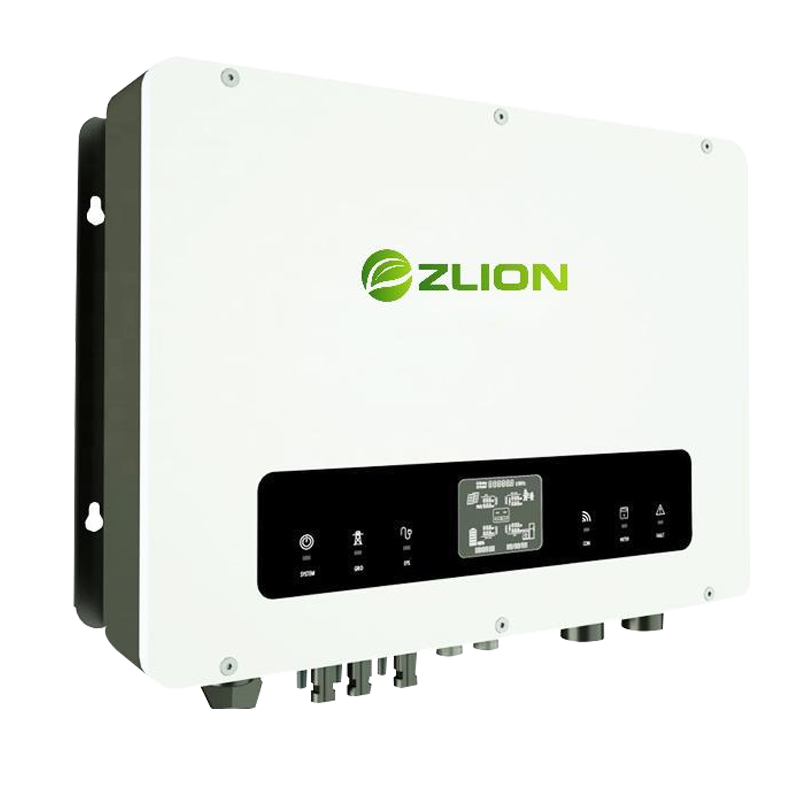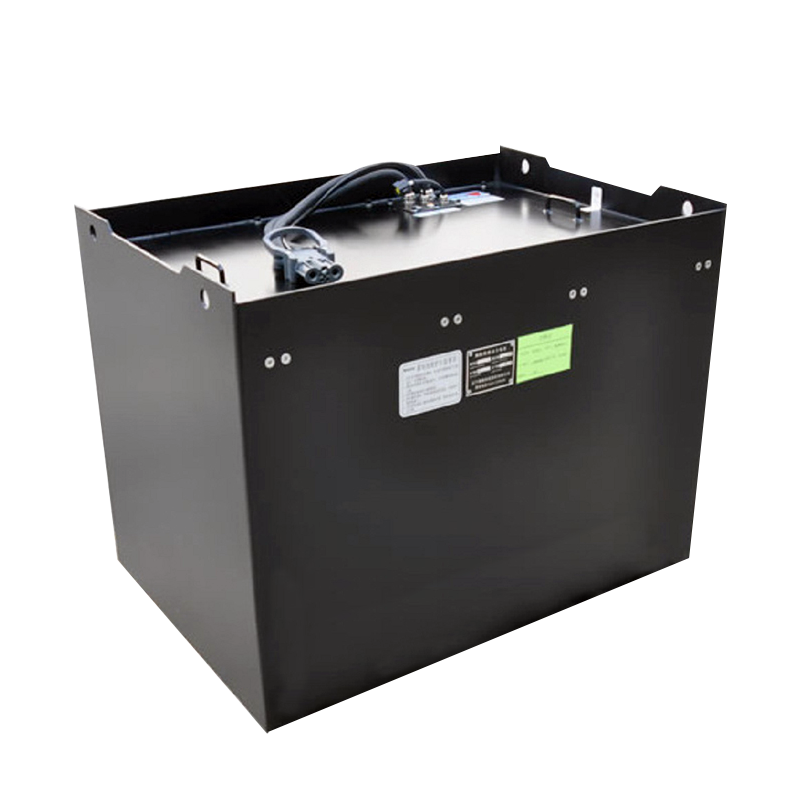The advantages of AGV lithium batteries over traditional lead-acid batteries
Automated Guided Vehicle (AGV) is widely used in logistics, manufacturing and warehousing. With the development of technology, more and more AGVs have begun to use lithium batteries to replace traditional lead-acid batteries. The following are the main advantages of lithium batteries over lead-acid batteries:
1. High energy density
Lithium batteries: Have a higher energy density, which means that for the same volume and weight, lithium batteries can store more electrical energy. This allows AGVs to operate longer or carry heavier loads after a single charge.
Lead-acid batteries: have a lower energy density and typically require a larger volume and weight to store the same amount of electrical energy.
2. Long cycle life
• Lithium batteries: Usually have a longer cycle life, such as lithium iron phosphate (LiFePO4) batteries can cycle 2000-5000 times, while some high-performance lithium batteries can even reach more than 8000 times.
• Lead-acid battery: the cycle life is short, generally about 300-500 times. Frequent charging and discharging will accelerate its aging and shorten its service life.
3. Fast charging speed
• Lithium battery: Supports fast charging technology, which can be fully charged in a short time, reducing downtime and improving work efficiency.
• Lead-acid battery: The charging speed is slow, usually takes a long time to complete the charge, affecting the efficiency of the device.
4. Low maintenance cost
Lithium battery: almost no daily maintenance, such as adding water, cleaning and other operations. The Battery Management system (BMS) automatically monitors and protects the battery to ensure its safe and stable operation.
• Lead-acid batteries: require regular maintenance, including adding distilled water, cleaning joints and checking electrolyte levels, which increases operating costs and manpower investment.
5. Be environmentally friendly
• Lithium battery: does not contain heavy metals such as lead and mercury, less pollution to the environment, in line with environmental requirements. Disposal after waste is also relatively simple and does little harm to the environment.
• Lead-acid batteries: contain a large amount of lead and sulfuric acid, improper treatment will cause serious pollution to the environment, and the disposal cost is high after waste.
6. High security
• Lithium batteries: especially lithium iron phosphate batteries, with high chemical stability, not easy to occur thermal runaway phenomenon, higher safety.
• Lead-acid battery: may leak or explode under overcharge, short circuit or extreme temperature, which has certain safety risks.
7. Strong temperature adaptability
• Lithium battery: Wide operating temperature range, can work between -20°C to 60°C, suitable for a variety of harsh environments.
• Lead-acid battery: more sensitive to temperature, performance is significantly reduced at low temperatures, and life is shortened at high temperatures.
8. Light size and weight
Lithium battery: Due to high energy density, low volume and weight, it helps to improve the mobility and flexibility of the AGV.
• Lead-acid battery: large volume and heavy weight, affecting the overall design and operating efficiency of the AGV.
9. Low total cost of ownership
Although the initial procurement cost of lithium batteries is higher, given their long life, low maintenance costs and high efficiency, the total cost of ownership (TCO) of lithium batteries is lower in the long term.

